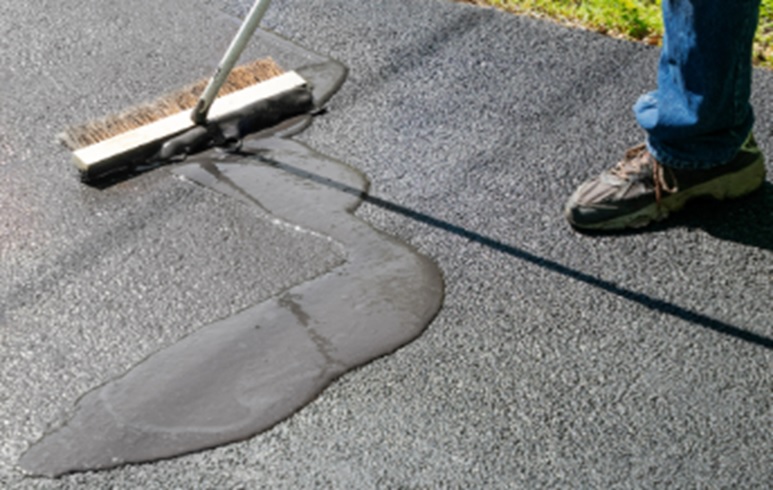Spiders are a common problem in many homes, and their presence can be unsettling. While most spiders are harmless, some species can pose a threat to human health. Effective spider control by experts at alliancepestservices.com requires a seasonal approach, taking into account the habits and behaviors of these eight-legged creatures. In this article, we will explore the importance of seasonal spider control and provide tips and strategies for managing spider populations throughout the year.
Spring: Prevention is Key
Spring is a crucial time for spider control. As the weather warms up, spiders become more active, and their populations begin to grow. To prevent spiders from taking over your home, it’s essential to take proactive measures.
- Cleanliness: Regularly vacuum and dust your home, paying particular attention to areas where spiders are most likely to be found, such as basements, attics, and crawl spaces.
- Decluttering: Remove clutter and unnecessary items from your home, as spiders often hide in dark, undisturbed areas.
- Seal entry points: Caulk cracks and crevices around windows, doors, and pipes to prevent spiders from entering your home.
- Yard maintenance: Keep your yard free of debris, leaves, and weeds, as these can attract spiders and other pests.
Summer: Spider Activity Peaks
Summer is the peak season for spider activity. With warm temperatures and high humidity, spiders are more active than ever. To manage spider populations during the summer months:
- Use essential oils: Certain essential oils, such as peppermint, lavender, and tea tree oil, can repel spiders. Mix a few drops of the oil with water and spray it around the perimeter of your home.
- Install door sweeps: Install door sweeps or weatherstripping around doors to prevent spiders from entering your home.
- Keep your home well-ventilated: Good ventilation can help reduce humidity, making your home less appealing to spiders.
- Use outdoor lighting strategically: Outdoor lighting can attract insects, which in turn attract spiders. Consider using motion-sensitive lights or yellow bulbs, which are less attractive to insects.
Fall: Prepare for Winter
As fall approaches, spiders begin to seek shelter and warmth. To prepare your home for winter:
- Seal all entry points: Double-check your home’s exterior for any cracks or crevices that may have developed over the summer.
- Clean up outdoor debris: Remove leaves, branches, and other debris from your yard, as these can attract spiders and other pests.
- Use diatomaceous earth: Diatomaceous earth is a natural, non-toxic substance that can be used to repel and kill spiders. Sprinkle it around the perimeter of your home and in areas where spiders are present.
- Consider professional spider control: If you have a severe spider infestation, consider hiring a professional pest control service to treat your home.
Winter: Keep Spiders at Bay
Winter is a time for spiders to seek shelter and warmth. To keep spiders at bay during the winter months:
- Maintain a dry environment: Spiders prefer dry environments. Use a dehumidifier to keep your home dry and unappealing to spiders.
- Keep your home clean: Regularly vacuum and dust your home, paying particular attention to areas where spiders are most likely to be found.
- Use cedar wood: Cedar wood has natural oils that repel spiders. Consider using cedar wood chips or blocks in areas where spiders are present.
- Monitor for spider activity: Keep an eye out for spider activity, even during the winter months. If you notice an increase in spider sightings, take action to address the issue.
Seasonal spider control is essential for managing spider populations and preventing infestations. By taking proactive measures and using natural and chemical deterrents, you can keep your home spider-free and reduce the risk of spider bites. Remember to stay vigilant and adapt your strategies as the seasons change.






